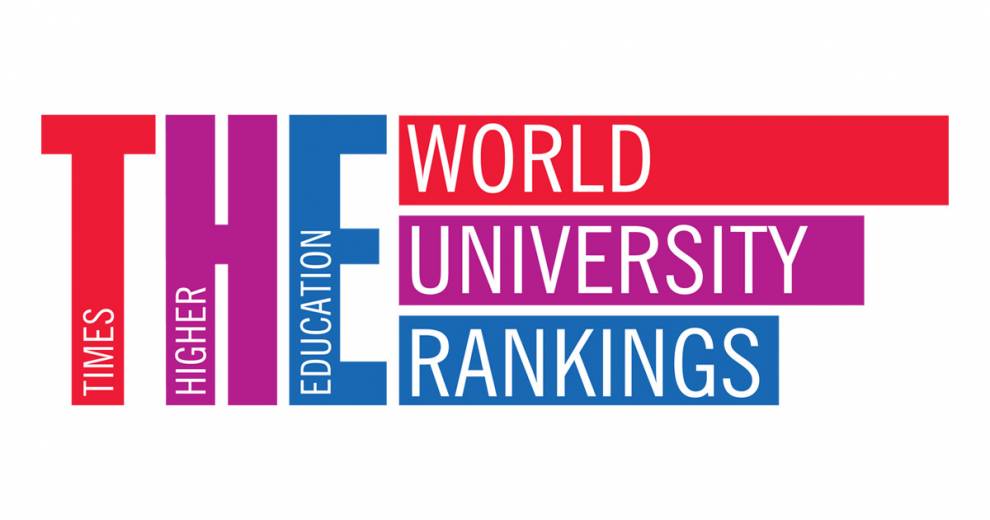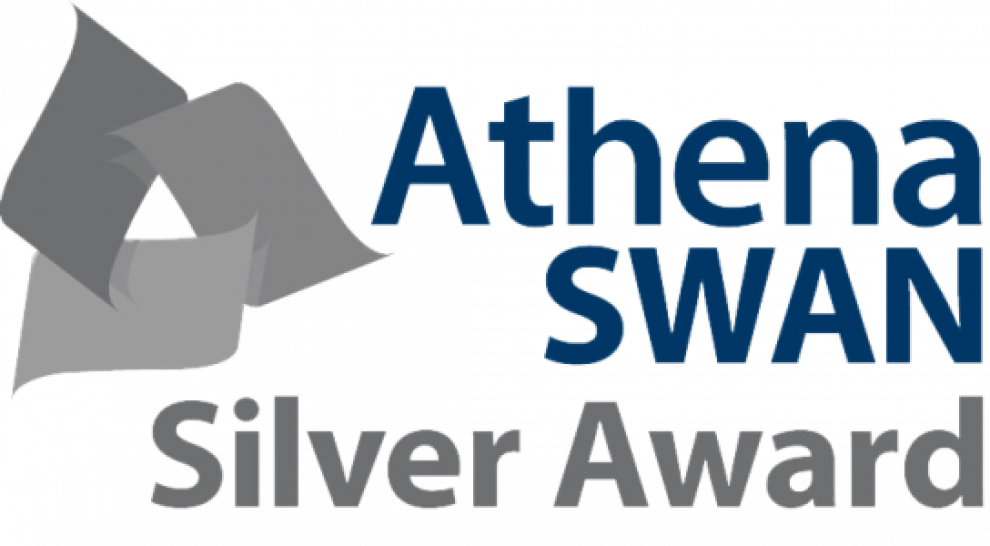| Listed in alphabetical order of the first author's surname. |
Michael Ashby, Martha
Figueroa-Clark, Esther Seo, Kayoko Yanagisawa, UCL
Innovations in practical phonetics teaching and learning
Patricia Ashby, Alison Manamperi,
Matt Youens. University of Westminster
DISCOVERING PHONETICS: LEARNING
THROUGH FIELDWORK
Patricia Ashby,
Samantha Valentine, University of Westminster
Lena Olausson,
Pronunciation Unit, British Broadcasting Corporation
Working with phonetics
Ole Stig Andersen, Copenhagen
A Typology of Pronunciation Corrections
Silvia C. Barreiro, Eva Estebas-Vilaplana, Isabel Soto, UNED
Teaching Phonetics through Singing and Reciting
David Brett, University of Sassari
Creating Interactive Material for Teaching
Phonetics Using Macromedia Flash MX
Mercedes Cabrera Abreu, Francisco Vizcaíno Ortega, University of Las Palmas
de Gran Canaria
Acoustic phonetics and EFL teaching
Richard Cauldwell, SPEECHINACTION
Bricking up and Streaming down: two approaches
to naturalness in pronunciation materials
Raimunda Česonienė, Kaunas University of
Technology
English Phonetics and Phonology: Course for
Future Interpreters
Karen Steffen Chung, National Taiwan University
Ten core themes in pronunciation teaching
Sophie de Abreu, Catherine Mathon, Université Paris 7
Can you hear I’m angry? Perception of anger in
a spontaneous French corpus by Portuguese learners of French as a foreign
language.
Katarzyna Dziubalska-Kołaczyk,
Adam Mickiewicz University
Native or
non-native? This is the question:
Which English to teach in the globalizing world?
Francisco Gallardo del Puerto, María Luisa García Lecumberri, Jasone Cenoz
Iragui, University of the Basque Country
Degree of foreign accent and age of onset in
formal school instruction
Esther Gómez Lacabex, Mª Luisa García Lecumberri,
University of the Basque Country
& Martin Cooke, University of Sheffield
English Vowel Reduction by Untrained Spanish
Learners: Perception and Production
Ulrike Gut, Albert-Ludwigs-University Freiburg
Corpus-based pronunciation training
Takeshi Ishihara University of Edinburgh / Mejiro University
Understanding Programming for Phoneticians
through Semi-automatic Data Extraction
Christian Jensen, Copenhagen Business School
Online Training and Testing in Phonetics
Takeki Kamiyama,
Laboratoire de Phonétique et Phonologie (UMR 7018) CNRS / Sorbonne Nouvelle
Does explicit knowledge of prosody help L2 comprehension? The case of
determiners "du" and "deux" in French learned by Japanese-speaking
learners.
Joe Eun Kim, UCL
Korean Accented English: Cross Linguistic
Phoneme Mapping
Dudley Knight, University of California, Irvine
New Techniques in IPA Training for Actors in
the United States
Smiljana Komar, University of Ljubljana
The Impact of Tones and Pitch
Range on the Expressionof Attitudes in Slovene Speakers of English
Mariko Kondo, Waseda University
Strategies for Acquiring Japanese
Prosody by English Speakers
Bozena Lechowska, Universidad Industrial
de Santander
Teaching English Phonetics and
Phonology in Colombia
Pekka Lintunen, University of Turku, Finland
Phonemic Transcription and its
Effect on Learning
Rick Lipton, Matthew Reeve,
Mountview Academy of Theatre Arts
Phonetics at Mountview
Wander Lowie, Dicky Gilbers
Jenny Bos, University of Groningen
A close examination of L2 pronunciation: English
secondary stress by advanced Dutch learners
Takehiko Makino, Chuo
University, Tokyo
A New Approach to the Teaching of
English Prosodyto Japanese Speakers, Based on the First Significant
Contrastive Analysis
Beth McGuire,
Pamela Prather,
Yale School of Drama
KinesPhonetics®: Experiential Anatomy of Phonemes for the Actor
Grit Mehlhorn, University of Stuttgart
Learner Autonomy and Pronunciation Coaching
Jose A. Mompean, University of Murcia
Taking Advantage of Phonetic Symbols in the
Foreign Language Classroom
N. Minematsu, S. Asakawa, K.
Hirose, The University of Tokyo
and T. Makino, Chuo University
Structural representation of pronunciation and
its use in pronunciation training
Mitsuhiro Nakamura, Nihon University
Parametric Phonetics: an exercise in the
dynamic characterisation of sound patterns
Randall O. Pennington, Kyushu
University
Raising Student Consciousness of Pronunciation Differences of English /r/,
/l/ and /w/ and the Alveolar flaps in Japanese
Tsutomu Sato, Meiji Gakuin University
The Characteristics of Placing Prominences by Japanese Learners of
English and Pedagogical Suggestions
Gladys E. Saunders, University of Virginia
On the Teaching and Learning of French
Semivowels: Principles, Practices and unpredictable problems
Geoffrey Schwartz Adam Mickiewicz University
The phonetics-phonology interface –
implications for teaching L2 pronunciation
Mari Shimizu, Masaki Taniguchi, University of Kochi
Reaffirming the effect of interactive visual
feedback on teaching English intonation to Japanese learners
Joanna Smith, Basheba Beckmann, Unitec New Zealand
Improving Pronunciation through
Noticing-Reformulation Tasks
Rastislav Šuštaršiè, University of Ljubljana
Dictionary Transcriptions Representing
Standard British and American Pronunciations and their Application in
Teaching English Phonetics
Jolanta Szpyra-Kozlowska, Justyna Frankiewicz, Marta Nowacka,
Lidia Stadnicka, Maria Curie-Sklodowska University, Lublin
Assessing assessment methods – on the
reliability of pronunciation tests in EFL
Masaki Taniguchi, Shizuya Tara, University of Kochi
Relation between direct tests and indirect
tests on English intonation for Japanese learners: nucleus placement
Yishai Tobin, Ben-Gurion University of the Negev
Teaching Phonetics to Speech Clinicians and
Audiologists According to the Theory of Phonology as Human Behavior
Juhani Toivanen MediaTeam, University of Oulu and Academy of
Finland
ToBI or not ToBI? Testing two models in
teaching English intonation to Finns
Juhani Toivanen, Academy of Finland and MediaTeam,
University of Oulu
Stylized intonation in Finnish English second
language speech: a semantic and acoustic study
Steven H. Weinberger, George
Mason University
Web Accents
Magdalena Wrembel, Adam Mickiewicz
University
Metacompetence-oriented model of phonological
acquisition: implications for the teaching and learning of second language
pronunciation
 Close
Close





